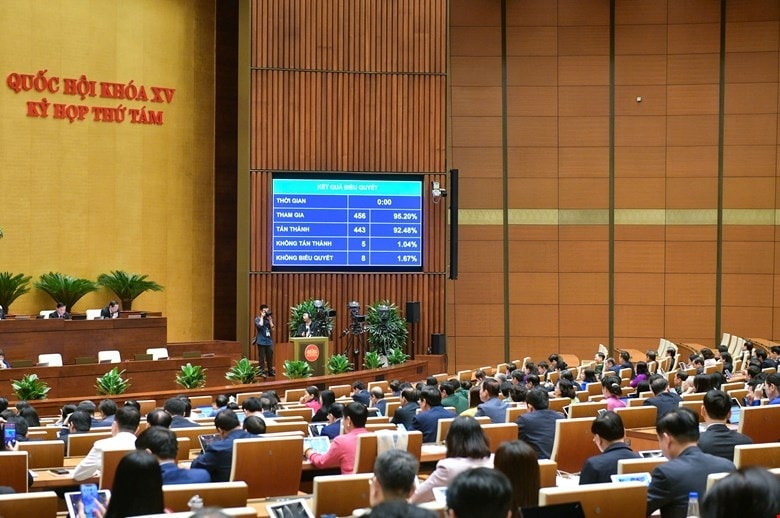
The draft Trade Union Law (amended) approved includes 6 chapters with 37 articles, an increase of 4 articles compared to the current law.
New points of the Trade Union Law (amended)
Compared with the current law, the draft Trade Union Law (amended) has some basic new points as follows:
Vietnamese workers working without labor relations in Vietnam have the right to establish, join and operate trade unions. Supplementing the right to join and operate trade unions at grassroots trade unions (without the right to establish and not become trade union officials) of foreign workers working in Vietnam. Supplementing the right to join the Vietnamese Trade Union of the employee organization at the enterprise.
Identify and clearly distinguish “Vietnam Trade Union” from “ Vietnam General Confederation of Labor ”, clearly stipulate 4 levels of trade unions. At the same time, affirm that “Vietnam Trade Union is the only organization representing workers at the national level in labor relations”.
Supplement the right to monitor and provide social criticism of trade unions. Supplement cases of exemption, reduction, and suspension of trade union fee payment, and the Government shall regulate these cases after reaching agreement with the Vietnam General Confederation of Labor.
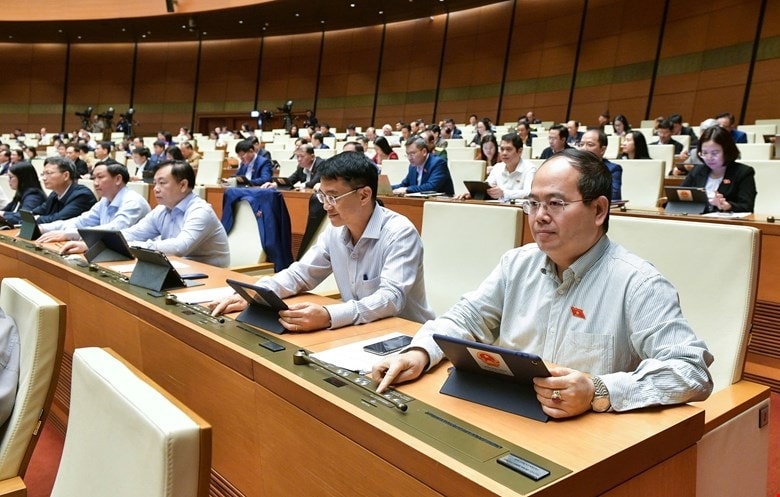
Continue to maintain the union fee contribution rate at 2%, along with amending and supplementing regulations to clarify the principles of management and use of union finances; amending and supplementing the spending tasks of union finances; supplementing regulations on the Vietnam General Confederation of Labor to decentralize the collection and distribution of union fees; the Vietnam General Confederation of Labor promulgates standards, norms, spending regimes and management and use of union finances after agreeing with the Government.
Add the responsibility of the Vietnam General Confederation of Labor to report to the National Assembly every two years on the situation of revenue and expenditure and the management and use of trade union finances. At the same time, add the responsibility of the State Audit, every two years, to audit the management and use of trade union finances and to conduct ad hoc audits at the request of the National Assembly and the National Assembly Standing Committee.
Maintain the regulation on the 2% union fee level
Presenting the Report on explanation, acceptance and revision of the draft Law on Trade Unions (amended), Member of the National Assembly Standing Committee, Chairwoman of the National Assembly's Social Committee Nguyen Thuy Anh said that continuing to maintain 2% of trade union funds aims to institutionalize the policy in Resolution No. 2 which is "Maintaining existing resources; collecting trade union funds and encouraging the socialization of resources for trade unions to perform well their assigned tasks".
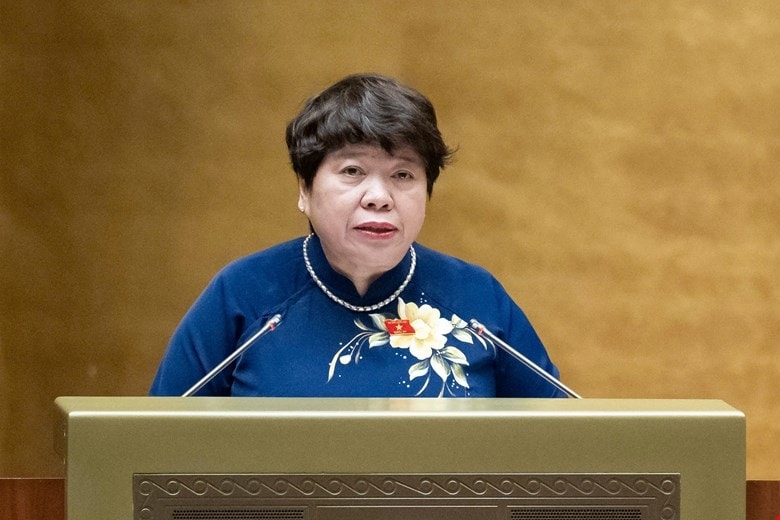
Since the Trade Union Law of 1957, trade union funds have been continuously implemented, maintaining the 2% revenue source of trade union funds to mainly take care of workers and ensure trade union activities, demonstrating the superiority of the socialist regime.
On the other hand, union funds are used mostly at the grassroots level (currently 75%) to take care of union members and workers. The more workers a business has, the more funds it needs to take care of social welfare for workers, especially to take care of, represent, and protect the legitimate and legal rights and interests of union members and workers.
Therefore, the rate of union fee payment does not depend on the size of the enterprise, whether it has few or many workers. In addition, union fee is included in deductible expenses when determining taxable income of the enterprise.
Maintaining union funds is also aimed at encouraging businesses and employers to be more responsible towards their employees through unions. Therefore, the National Assembly Standing Committee proposed that the National Assembly keep the regulation on the union fund level of 2%.
“The provisions in the draft law do not mean that all specific and detailed regimes and norms must have the Government's consensus. Trade unions still have the right to take the initiative based on the principles established by the trade unions and the Government (as at present). This is also the Government's choice,” said Ms. Nguyen Thuy Anh.
Source: https://baoquangnam.vn/quoc-hoi-thong-qua-luat-cong-doan-sua-doi-giu-kinh-phi-cong-doan-2-3144902.html











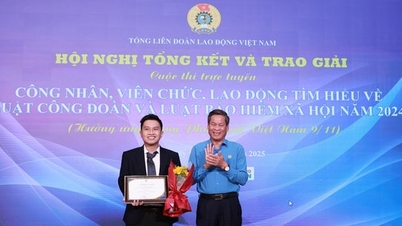



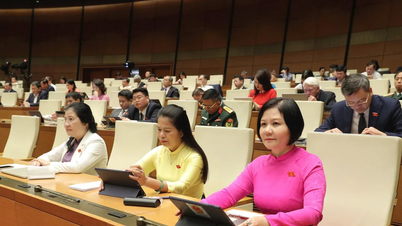























![[Photo] General Secretary To Lam and National Assembly Chairman Tran Thanh Man attend the 80th Anniversary of the Traditional Day of the Vietnamese Inspection Sector](https://vphoto.vietnam.vn/thumb/1200x675/vietnam/resource/IMAGE/2025/11/17/1763356362984_a2-bnd-7940-3561-jpg.webp)













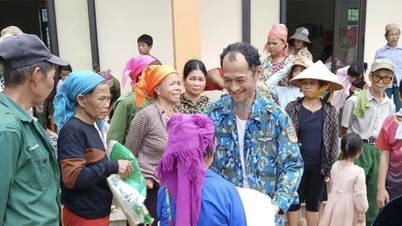




















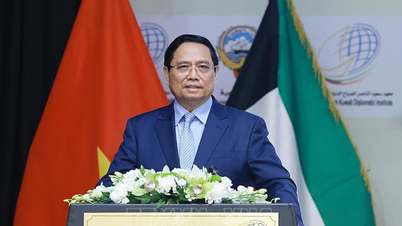















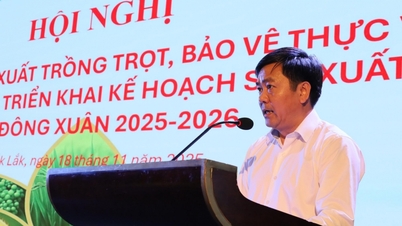

















Comment (0)